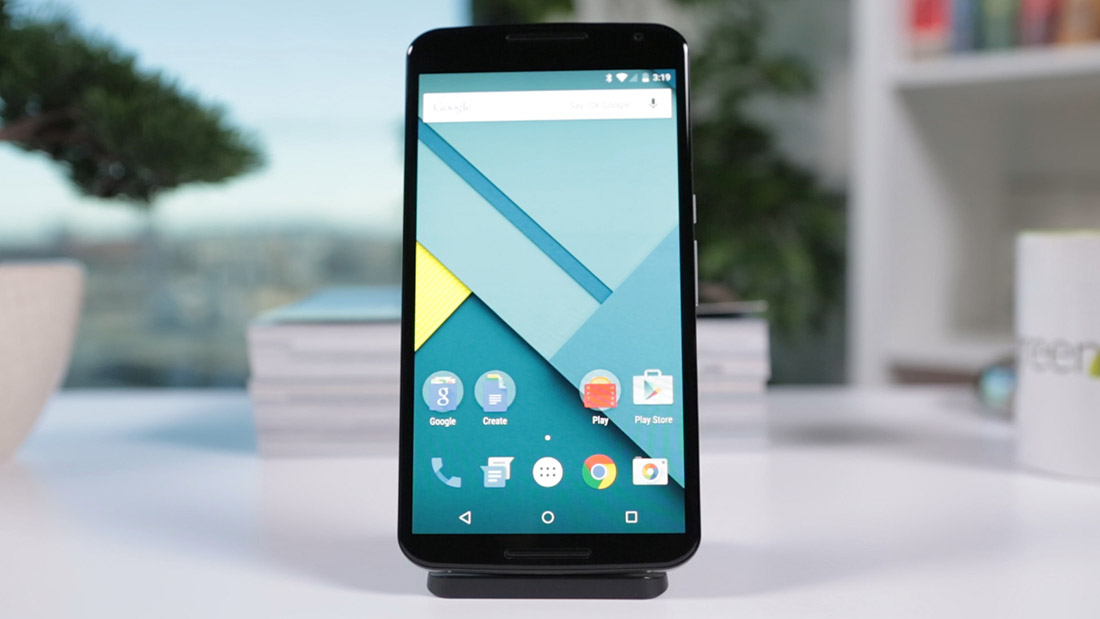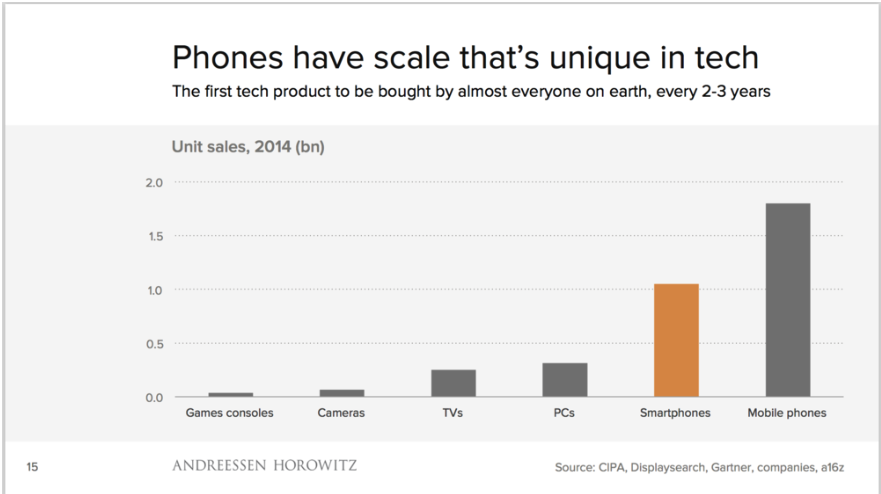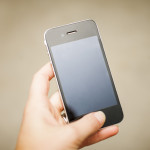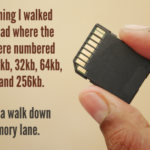The smartphone is a “universal product for humanity,” the equivalent to the sun at the center of the solar system, and everyone should recognize this new paradigm, according to some interesting data.
Nearly half of the world’s adults have a smartphone and about three-quarters have a mobile phone of some kind, and the rate at which consumers purchase new phones massively dwarfs the rate at which they purchase other technology purchases, like computers and televisions.
The smartphone is replacing the PC as the driver of technology innovation and adoption and corporations need to recognize this new dynamic and adapt to it, to keep themselves engaged with their customers.
A small piece of proof? I coach my son’s travel soccer team. I sent out an email yesterday asking whether everyone would be available for an upcoming scrimmage. I received three email replies in 24 hours. I sent a text message this afternoon and got five texts back in four minutes. Now, people can check their email on their smartphones, but most have their phones set up to receive immediate notification in the event of a text.
This ties back to another article I read this morning where car owners are shunning the technology included with their vehicles, such as concierge service that lets people know the closest restaurant or gas station, because they are already used to using that service on their smartphone.
For collectors, this means that they have to bind themselves to consumers’ smartphones if they want to stay in touch. This is very tricky given the laws and regulations tied to how collectors can communicate with borrowers, but there are ways and collectors need to act on them. Otherwise, they risk being sucked into a technological black hole from which they will never be heard from again.










